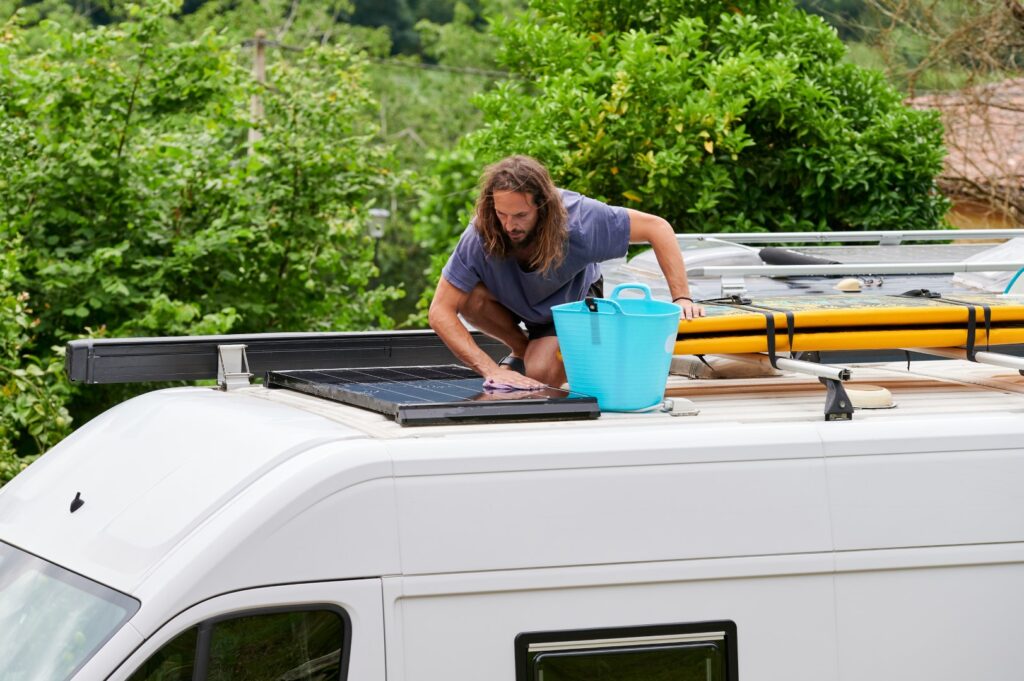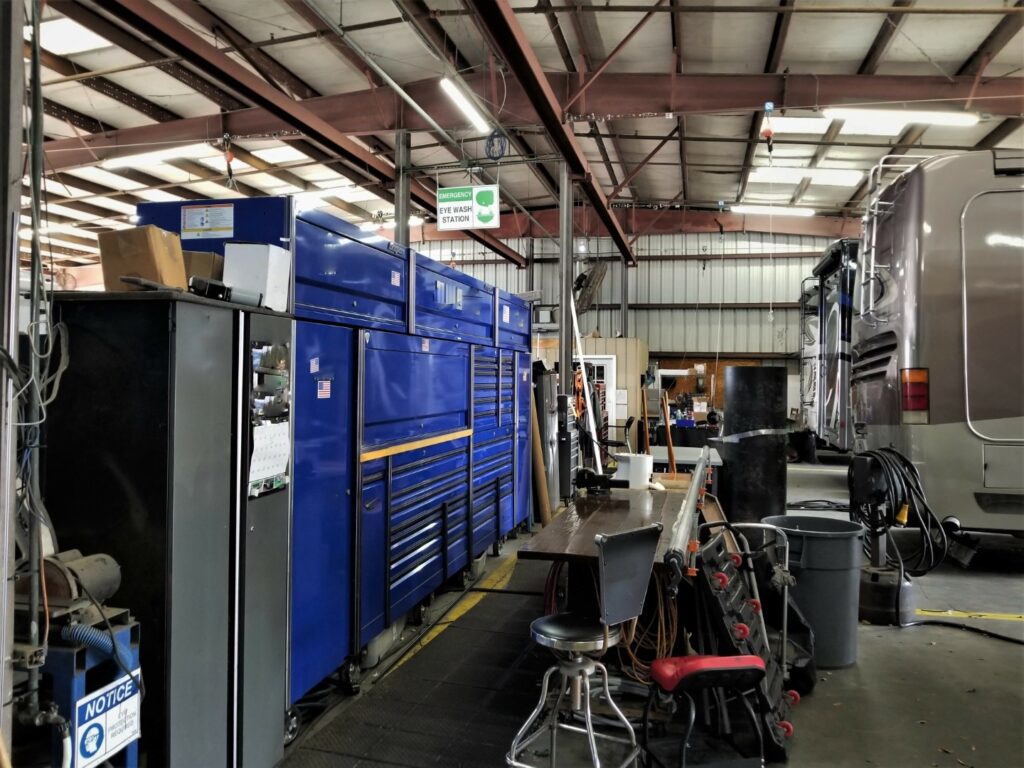
Investing in an RV is a big decision to make. It’s like buying a new vehicle, perhaps slightly more expensive than a regular car. For families that enjoy going on road trips, however, the return on investment is great. In fact, RVs are the perfect choice for people who love to explore new sights, discover new experiences, and make new memories near and far from home.
With that said, owning an RV also comes with huge responsibilities. You wouldn’t want a road trip scheduled for an upcoming weekend only to realize it can’t push through because of some trouble with your vehicle. Proper care and maintenance can help prolong your RV’s life so that it keeps being your trusty companion in every adventure.
This guide gives you some of the best insights on RV maintenance:
- Build A Proper Storage
If you only had a regular automobile, you’d only have to think of regular car storage. However, because you have a bigger vehicle, as in the case of an RV, there’s a lot of stuff you have to consider to store it well. With that said, don’t bring home an RV if you don’t have the proper storage.
You may have to upgrade your garage to make it fit an RV. First, you need to make the space bigger to fit both the camper and the truck can be stored separately. If you can’t, you can have a custom-built shed separate from your home.
Next, you should rewire the place so it can accommodate high-quality garage doors that can open up a long way to safely let your RV pass through.
Then, set up the ventilation. It should let you provide optimal climate control within your garage to prevent moisture and heat buildups that can damage vehicle components.
Finally, provide ample lighting so you can move around safely inside the garage.
- Always Do A Deep Clean
One of the most important tips to remember before storing your RV is to give it a deep clean. After taking it on the road, you should remove any dirt, dust, and other detritus it has accumulated. Otherwise, those can settle and get inside the vehicle’s parts, causing serious problems as well as just leaving you with more stuff to clean.
If you have a pressure washer, you can start with that. Rinse with soap and water, and then give a final, thorough wash.
Once you’re done with the exterior, tackle the inside. Take your duster and vacuum to clean the floor and seats. You may also want to wipe down any dirty surfaces, especially those where there are spills and stains.
- Change The Oil Regularly
If it’s only going to be a few days until you next use your RV, there’s no need to abide by this rule. But you should do this if you plan to store your RV for at least a couple of weeks or months before you’re 100% certain you’re taking it out for another road trip.
Used oil has a lot of contaminants that can damage your engine when left untouched for too long. While you’re at it, applying a lubricant to your RV’s engine parts is also a good idea.
- Remove Any Leftover Food
Most RVs come equipped with a kitchen and pantry. So, it can be very tempting to leave unopened food inside, such as in cans or airtight containers. The food may not go bad, but doing so only makes your RV more inviting to pests and rodents.
After every road trip, removing any food items and bringing them inside the house is always a good idea. You could have a separate section in your pantry for those you intend to bring back to your RV for the next road trip. This way, all you have to do is grab it and go.
Along with removing food leftovers, check every hidden area of the RV, such as the underside of couches and mattresses, especially if you have kids. There may be remnants from their cereal, chips, and popcorn lingering in those spots.
- Inspect The Roof Coatings
An RV’s roof is always exposed to harsh weather elements like rain, sleet, hail, sun, snow, and wind. If preventive maintenance isn’t done on your roof, even the smallest leak can potentially cause major damage to your RV.
There’s no single best way to choose a roof coating, as this depends on your RV manufacturer’s instructions. Whichever kind you have, it’s important to check at least annually for any signs of deterioration that could be drying out your roof’s coating. Have it redone by a professional when you notice cracking, peeling, delamination, or rust.
The Bottom Line
An RV is basically part home and part vehicle. As you can gather from the guide above, it needs just as much care as your very own house. It’s up to you as the owner to stay on top of its maintenance and to follow the manufacturer’s instructions. Most importantly, always get regular checks with an expert automobile repair shop to keep close track of your RV’s overall condition and roadworthiness.

